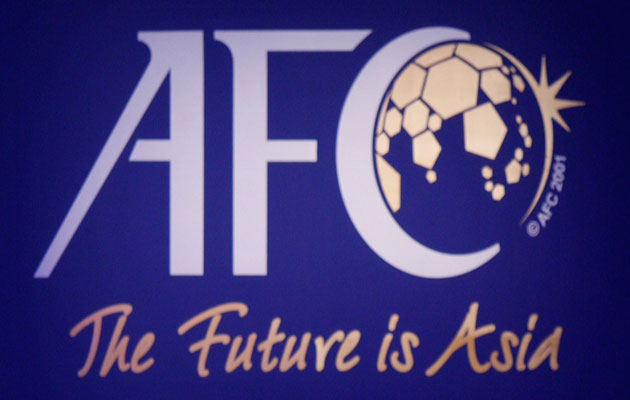Further confusion has engulfed Asian football’s attempt to elect its additional delegates to the FIFA Council.
The original extraordinary congress in September in Goa was scrapped after only 25 minutes. The cause was an entirely avoidable row over the election ineligibility of Qatar’s Saoud Al-Mohannadi who was subsequently banned from the game for a year.
As one regional FA president said: “I wish they’d just told us by email in advance so we hadn’t had to waste so much time and effort going there and back for nothing.”
Only Asian football and the AFC were harmed by the controversy whose after-shocks are clearly continuing to be felt.
The failure to elect new extra delegates to the expanded council of world federation FIFA meant that the AFC was under-represented at what should have been the first full meeting last month of the 36-member body.
The low AFC turnout will also be noted at the January meeting of FIFA Council which is expected to take crucial decisions over the future of the World Cup.
These include whether to enlarge the finals to 40 or 48 teams, whether to endorse co-hosting and possibly whether to apply rotation for the 2030 finals (which has a direct bearing on whether China can bid for the centenary tournament).
On October 31 the AFC decided to rerun the extraordinary election congress in Kuala Lumpur on February 28.

Sheikh Salman has cancelled the second extraordinary congress.
Now president Sheikh Salman bin Ebrahim Al Khalifa and his advisers have changed their minds yet again, cancelled this second extraordinary congress and postponed the elections to the scheduled ordinary congress in May.
This will take place not in Kuala Lumpur, where the AFC has its official headquarters, but in Bahrain to which FIFA Congress on May 11 was switched after Malaysia quit as host because of a government refusal to grant entry visa to Israeli officials.
The precise date for the AFC Congress has yet to be decided.
In a statement about the latest volte-face the AFC blamed the new change on what it suggested was a late FIFA decision to stage its next council meeting in January and not, as “normally” in March.
Nonsense
This is clearly a nonsense.
FIFA Council in mid-October had confirmed that the next meeting would be in January. That decision was taken by council – attended by AFC representatives including Sheikh Salman – and published a full two weeks before the AFC announced its February 28 date.
The AFC’s September congress had been due to choose two out of four ‘ordinary’ candidates from among Qatar FA vice-president Al Mohannadi, Chinese federation general secretary Zhang Jian, Iran’s former IFF president and AFC vice-president Ali Kafashian Naeni plus Singapore FA president Zainudin Nordin.
A women’s place election for FIFA Council was between Australia’s Moya Dodd, a co-opted member of the old FIFA executive committee, Mahfuza Ahkter (Bangladesh) and Han Un Gyong (North Korea).
The curtailment of congress meant that member FAs were unable to confirm the appointment of South Korea’s Chung Mong Gyu as vice-president in place of China’s Zhang Jilong. Hence Zhang has been co-opted to remain on the executive committee pending a new congress.

Hassan Al Thawadi, head of the Qatar 2022 World Cup organizing committee, could stand for the Fifa council.
Qatar has not been represented around the FIFA top table since Mohamed bin Hammam was banned for life in 2011. Hence speculation has arisen that Hassan Al Thawadi, impressive secretary-general of the Qataris’ 2022 organising committee, could stand.
A Qatari presence on FIFA Council would appear all the more important considering the proposals from president Gianni Infantino – generated, again, in the absence of a full AFC complement – to rework the entire ‘organising committee’ system once Russia 2018 is out of the way.
The duties of the ordinary congress will be further complicated by the need to hold an election for the FIFA Council slot for 2017-19 currently held by Sheikh Ahmad Fahad Al Ahmad Al Sabah, the influential, multi-tasking head of a string of Olympic bodies.
When the Kuwaiti was first elected to what was then the FIFA executive committee in 2015 it was thought he viewed an AFC re-election in 2017 as a stepping stone towards a possible run for the FIFA presidency in 2019 (the end of Gianni Infantino’s initial term as replacement for disgraced and banned Sepp Blatter).
However, this prospect for Sheikh Ahmad has faded with the likelihood that Infantino, after various crowd-pleasing measures such as World Cup and development cash expansion, would be difficult to beat in 2019.







